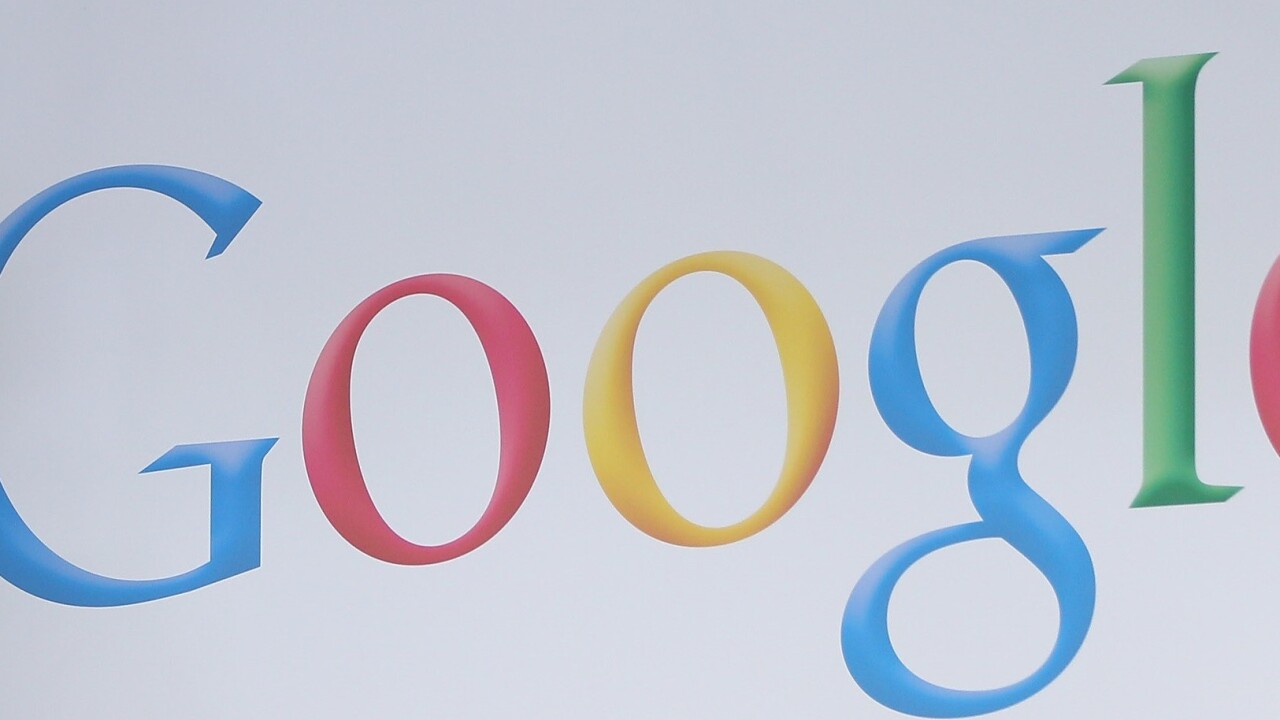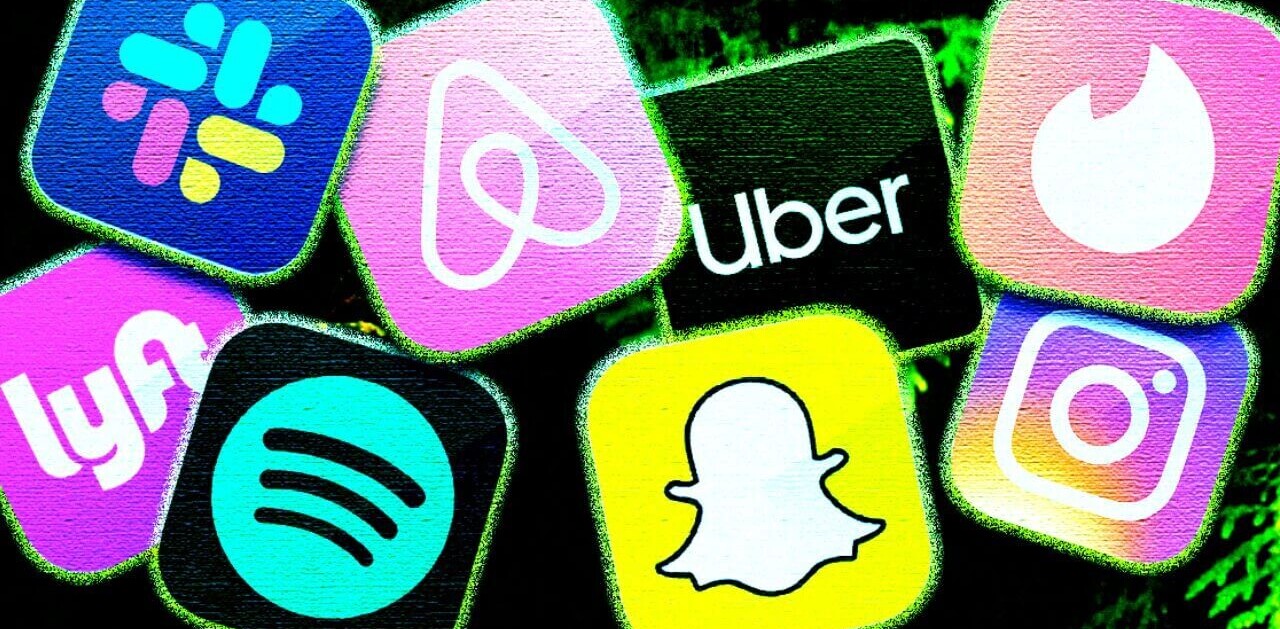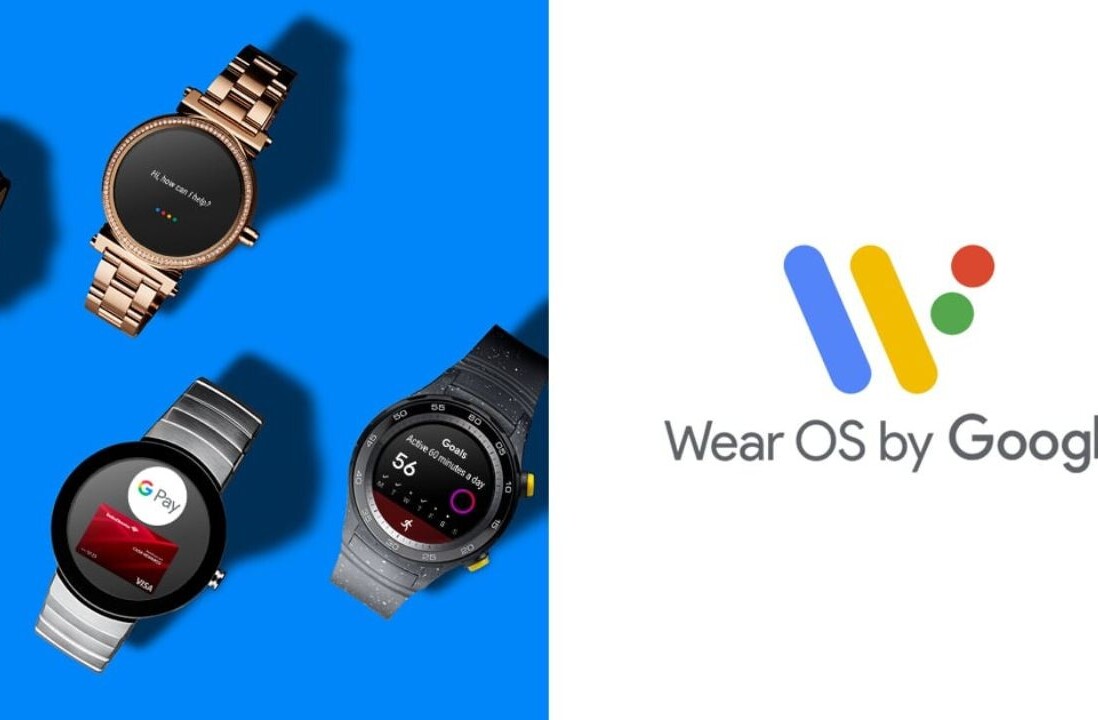
It is becoming increasingly apparent that Google tried unsuccessfully to buy messaging app WhatsApp before Facebook struck a $19 billion deal. Fortune initially reported that the company had made a $10 billion offer, but a later report from The Information cites sources claiming that Google offered to exceed Facebook’s offer, but to no avail.
WhatsApp is attractive to both tech giants because it offers something that neither currently posses: a mobile-only service with significant traction across the world. With over 450 million active users each month, WhatsApp is also more popular than Facebook and other social networks in countries.
Google has a strong presence on mobile, thanks to bundled service on Android, Google Now, and Hangouts — an app that pairs its Talk service with the video-chat feature from Google+ — yet still it made a play for WhatsApp.
As people spend more time on mobile, the Internet’s biggest players are seeking ways to maintain their dominant positions. Given that messaging has emerged as the killer app for mobile, it is little wonder that they want to own a slice of the pie too. Google search and services rule on the desktop, but mobile is a different game and the company needs ways to the billions who are starting to come online from mobile devices for the first time.
So, what are Google’s options now?
Another acquisition
The biggest problem for Google right now is that it has no alternative acquisition after missing out on WhatsApp. No service or application comes close to the app’s user base, both in terms of the sheer number of registrations and its broad spread across Asia, Europe, Africa and Latin America. As we wrote when assessing the competition yesterday, another billion dollar messaging deal is unlikely for some time.
That said, one possible strategic fit for Google may be Kik, the Canada-based messaging app that has flown under Silicon Valley’s radar in a similar way to WhatsApp.
Kik, which has 100 million registered users and is bigger than Snapchat in the US, offers an app that combines the stickiness of messaging with an in-built browser for Web-based content and service, but it doesn’t have the same global reach of WhatsApp.
Super-charge Hangouts
Google has already relaxed Android settings to enable users to replace the central SMS system with Hangouts, but it could super-charge Hangouts with more new features. Perhaps Google may consider a Kik-like browser, tighter synergies between its mobile apps and Hangouts, or the addition of games, stickers and other services that are proving popular in Asia with the likes of Line and WeChat.
Beyond features, relationships with operators are a key way to gain distribution worldwide. As WhatsApp did, Google could cut deals with operators to offer all-you-can-eat Hangouts data messaging. The limitation here is that Hangouts is only available for iOS and Android devices. While those two platforms represent most of the market in the West, mobile adoption is still growing at a slower pace in the emerging world — platforms like BlackBerry and Nokia’s now-defunct Symbian platform remain popular in parts of Asia, Africa and Latin America.
The Hangouts user experience is basic enough, so starting a new ‘WhatsApp-inspired’ app from scratch doesn’t make sense, even for a company with the high-profile consumer brand and industry connections of Google.
Nothing
The final alternative, of course, is that Google does nothing. That could be a viable strategy if WhatsApp was a one-off deal that it was eager to claim ahead of Facebook, rather than a move that realized a long-standing ambition of buying a messaging app.
As we explained, WhatsApp’s position in a fragmented world of chat apps is unique, and Google’s keenness may well have been motivated by a desire to keep it away from Facebook. Unlike Google, Facebook is relatively marooned on mobile: it has no hardware to cling on to, and its biggest home-made mobile push — its Home Android launcher — has been a flop.
Google is actually already benefiting from the growth in mobile messaging, albeit as a relative spectator. Chat app platforms — like Line, Kakao Talk and WeChat — are making hundreds of millions of dollars from connected games and virtual products, a vast proportion of which are on Android devices in Asia — giving Google a tidy cut of app store sales. The trend has the potential to break into other markets, as the ambitious Asian messaging firms plot global expansions.
We reached out to Google for comment but, as you might expect, the company declined to provide any details on its plans for mobile messaging.
Image via Sean Gallup/Getty Images, LIONEL BONAVENTURE/AFP/Getty Images
Get the TNW newsletter
Get the most important tech news in your inbox each week.







